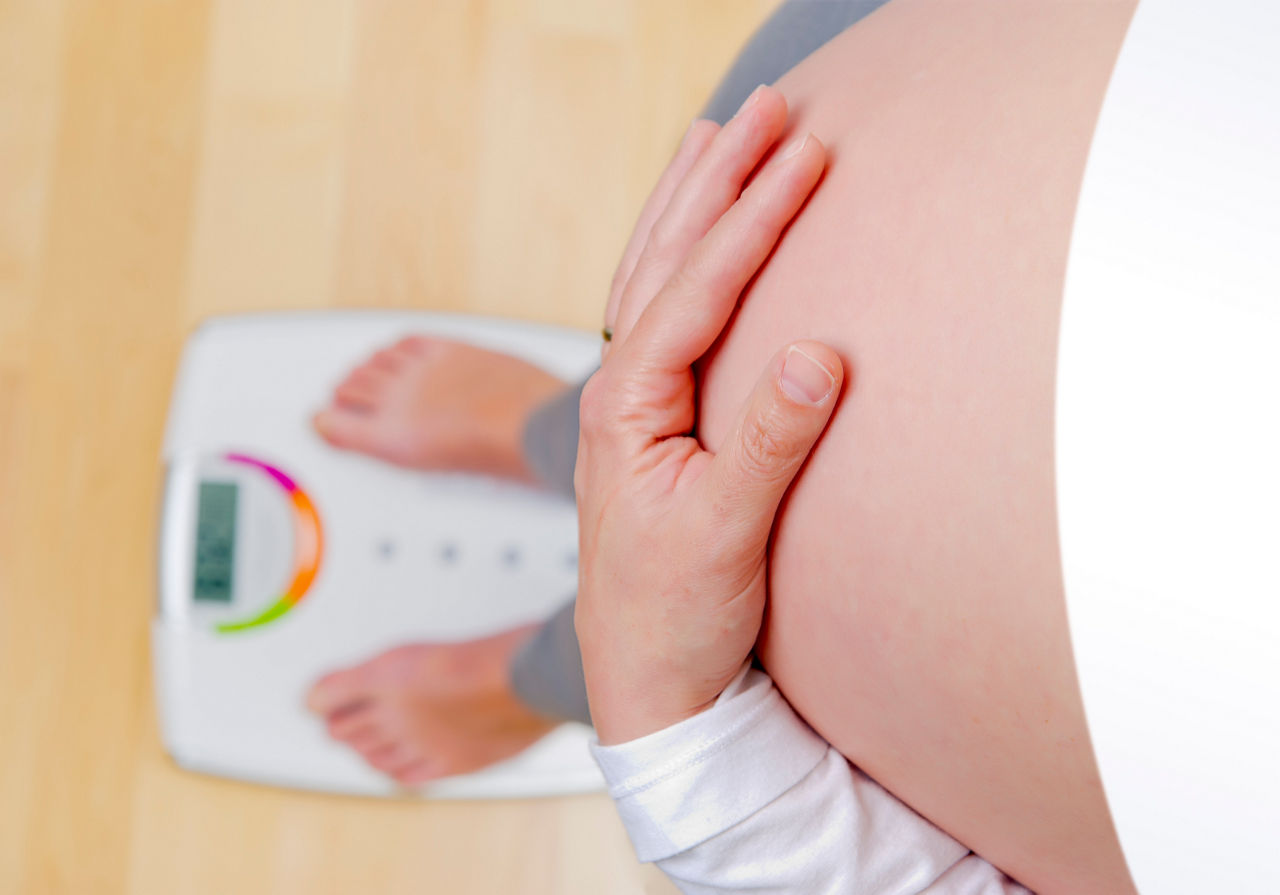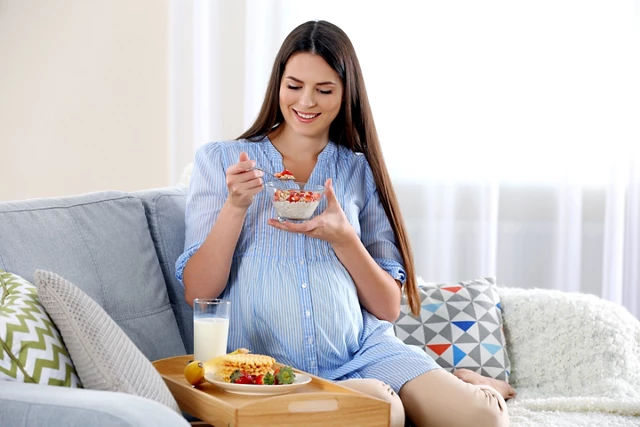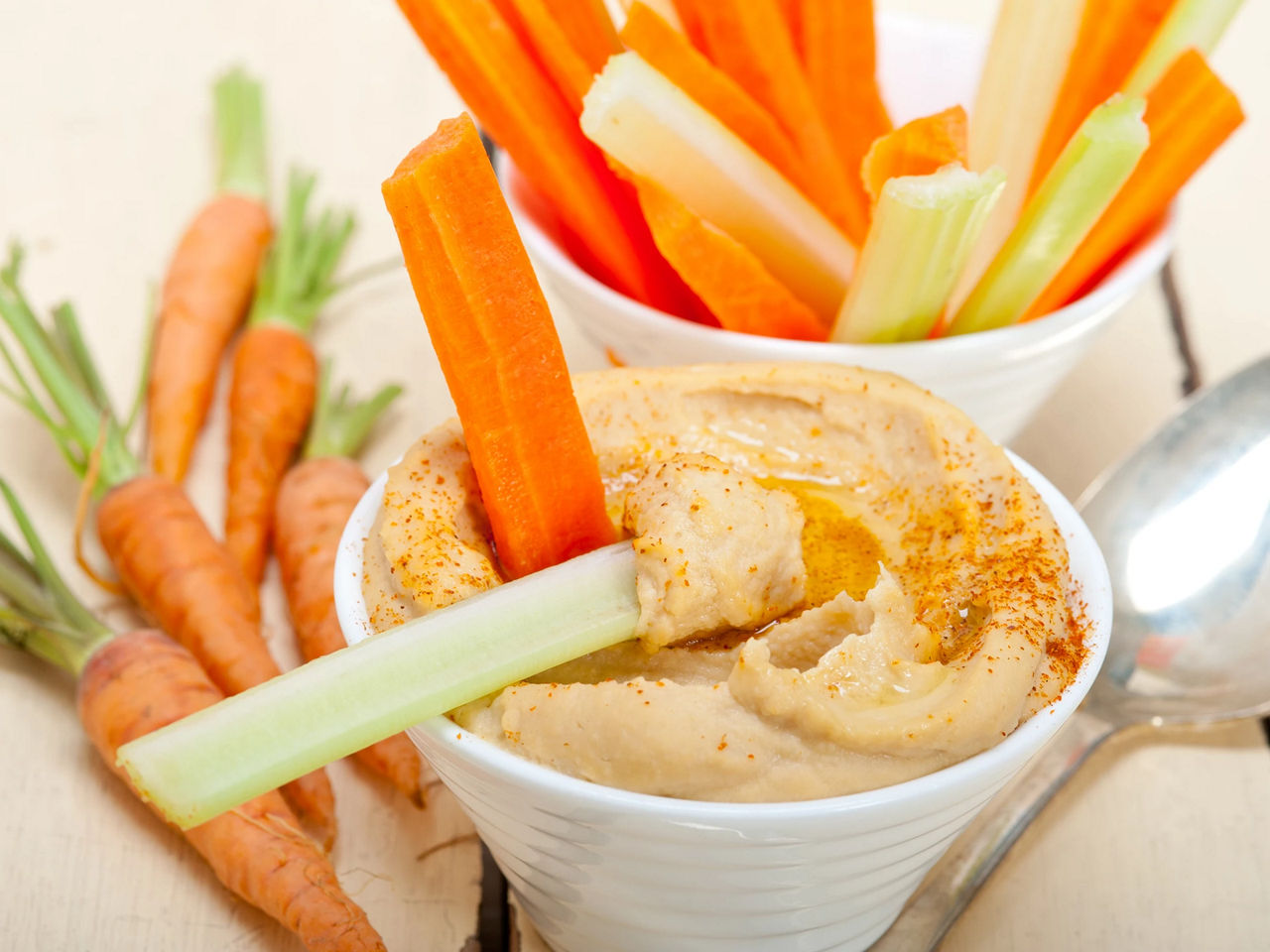Weight gain is a normal and natural part of a healthy pregnancy.
Learn how much weight you should gain based on your BMI, how to gain weight safely, and why dieting is not recommended while you’re pregnant.
Weight gain is a normal and natural part of a healthy pregnancy.
Learn how much weight you should gain based on your BMI, how to gain weight safely, and why dieting is not recommended while you’re pregnant.

Weight gain in pregnancy is healthy, natural and necessary. Aside from the additional weight of your baby, placenta and increased fluids, your body gradually lays down some fat stores in preparation to make breast milk once your baby’s born1.
How much weight you’ll gain during pregnancy depends on your pre-pregnancy weight, and varies a great deal from person to person. Most women gain between 10kg and 12.5kg (22–28lb) while they’re pregnant1.
The weight gain chart below gives a general guide to healthy weight gain during pregnancy2:
| BMI | Approximate weight you should gain during pregnancy |
|---|---|
| 20 or less | Between 12.5 and 18kg (or 28-40lb) |
| 20-26 | Between 11.5 and 16kg (or 25-35lb) |
| 26-30 | Between 7 and 11.5kg (or 15-25lb) |
| 30+ | 7kg (15lbs) or less |
Your midwife will calculate your BMI at your first midwife appointment (also known as your booking appointment).
Try not to worry about the extra weight you’re gaining. To put pregnancy weight gain into context, here's a breakdown of where all the extra weight comes from1,3:

While, gaining weight is a normal part of pregnancy, it’s important to do so healthily. Believe it or not, during your first and second trimesters, your calorie requirements are exactly the same as they were before you were pregnant. You may even find that you lose a bit of weight during the first few months if you’re suffering from morning sickness or food aversions.
The amount of calories you need only increases in the third trimester, when you need an extra 200 calories per day4.
When it’s time to increase your calorie intake in your third trimester, try to choose nutrient-rich foods to get the maximum benefit from your extra 200 calories. Yoghurt, for example, provides bone-building calcium while a jacket potato is a good source of fibre and, as a carbohydrate, delivers a healthy boost of energy too.
A healthy, balanced pregnancy diet which includes foods from all the food groups will provide nearly all the essential vitamins, minerals, fats and protein your baby needs for healthy development, while supporting your own needs and helping you stay within the recommended weight gain guidelines for pregnancy. Learn more about eating for two during pregnancy.
If your gestational weight gain is above the recommended levels, your midwife may suggest making some changes so that you gain weight more steadily.

While most women who are overweight have a straightforward pregnancy and birth, and have healthy babies6, being overweight before and during pregnancy can put you at greater risk of developing high blood pressure and gestational diabetes. It can also increase your likelihood of premature delivery and birth complications, as well as problems initiating or sustaining breastfeeding7.
However, once you become pregnant it’s not advisable to diet, and there’s no evidence that losing weight while you're pregnant will reduce the chance of complications6. Your developing baby is responsive to nutrient changes during the different stages of their gestational development, and nutrient changes can affect your baby’s ability to utilise nutrients later in life8. Instead, focus on eating healthily, with a good balance across the food groups.
A large study has shown that adjusting your diet to maintain a healthy bodyweight in pregnancy (rather than to lose weight) and following a normal balanced diet, is safe, effective and has no consequential effects on the baby’s birth weight9.
Exercise during pregnancy can also help you to maintain a healthy bodyweight, and staying active while you’re pregnant is good for both you and your baby.
If you’re underweight, your midwife will be able to advise you on the healthiest ways to gain the additional weight you need. You may need to be monitored closely to check that your baby is growing well. A healthy weight during pregnancy can reduce the risks of preterm birth or a low birth weight baby10.
Eating small meals and healthy snacks throughout the day will provide the constant nourishment your baby needs. Foods containing healthy fats, such as avocados, nuts and seeds, are an excellent source of calories and nutrients. Wholegrain varieties of bread and pasta deliver slow-release energy and a healthy serving of fibre.
related articles

Our nutritionists and feeding advisors are always on hand to talk about feeding your baby. So if you have a question, just get in touch
Last reviewed: 28th July 2020
Reviewed by Nutricia’s Medical and Scientific Affairs Team